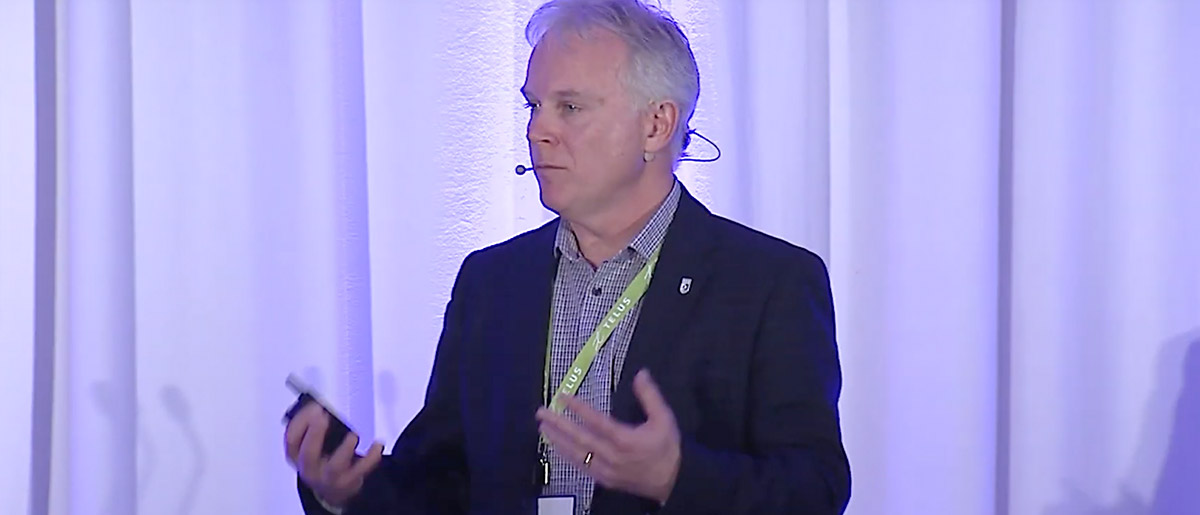New approaches needed for treatments for rare diseases

The federal government’s 2019 budget included $1 billion over two years, starting in 2022, to help improve access to high-cost drugs to treat rare diseases. After that, funding is set to continue at $500 million per year, assuming the government continues with the program.
Such funding is certainly a positive sign, noted Larry Lynd, a professor and researcher at University of British Columbia (UBC), who presented on orphan drugs for rare diseases at the TELUS Health 2019 conference in Toronto and Vancouver. However, he mused that until more details come to light, it’s too soon to know how far that money will go.
The hope is that funding will take a holistic approach to ensure equitable, affordable access to treatment, rather than just be used to pay for medications, explained Lynd, who is also the director of UBC’s Collaboration for Outcomes Research and Evaluation program, and whose research for the past eight years has focussed on health economics and policy-making related to orphan drugs for rare diseases.
As part of his presentation, Lynd shared some of the key takeaways from an international summit on orphan drug pricing and policy held in March 2019, hosted by UBC. Public and private payers from across Canada and around the world agreed that new approaches, at an international level, are required to improve access for rare-disease drugs.
“The current model is not sustainable and throwing more money at it isn’t going to work,” said Lynd, who stated that Canada pays higher prices for rare-disease drugs than many other countries. “We are looking at new ways for drug development, evidence generation and reimbursement.”
Lynd cited the Canadian Fabry Disease Initiative study as a current example of a more holistic approach to ensure long-term equity in access to higher-cost treatments. Launched in 2007, the study now boasts “one of the world’s best patient registries.” The resulting real-world evidence is being used to help ensure equity of access to treatment across all provinces, assess clinical outcomes, and develop clinical guidelines and patient eligibility criteria.
Click here to view the full presentation, entitled “Orphan Drugs for Rare Diseases: The Need to Innovate to Enable Access,” delivered at the 2019 TELUS Health annual conference.
The post New approaches needed for treatments for rare diseases. appeared first on Health Benefits Hub.
